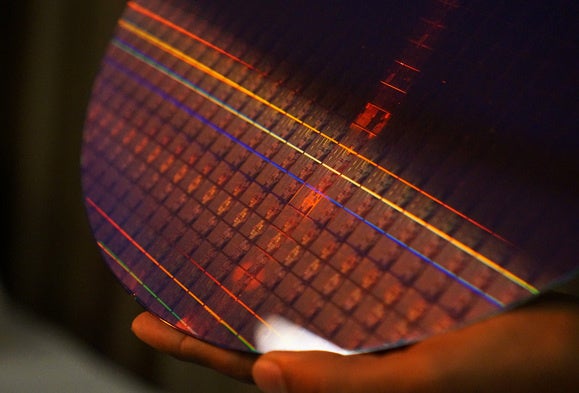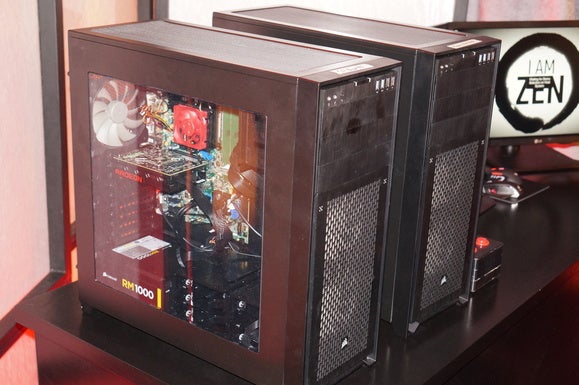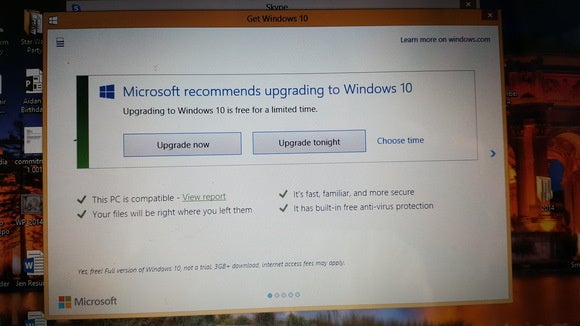Originally posted by milkylainen
View Post



 Gordon Mah Ung Intel’s 7th gen Kaby Lake is built on a similar 14nm process as the previous Skylake CPUs. But a change in Microsoft’s support policy means that it will be only be officially supported by Windows 10. What the mandate means for PC users
Gordon Mah Ung Intel’s 7th gen Kaby Lake is built on a similar 14nm process as the previous Skylake CPUs. But a change in Microsoft’s support policy means that it will be only be officially supported by Windows 10. What the mandate means for PC users Gordon Mah Ung AMD’s Summit Ridge SoC (left), running at 3GHz, can run a Blender render just as fast as a Core i7-6900K (right) also running at 3GHz. But only the Core i7 can run Windows 7.
Gordon Mah Ung AMD’s Summit Ridge SoC (left), running at 3GHz, can run a Blender render just as fast as a Core i7-6900K (right) also running at 3GHz. But only the Core i7 can run Windows 7.  Mark Hachman The dialog box that Microsoft presented to users during the upgrade to Windows 10, before its Anniversary Update. Microsoft’s history of pushing users to Windows 10
Mark Hachman The dialog box that Microsoft presented to users during the upgrade to Windows 10, before its Anniversary Update. Microsoft’s history of pushing users to Windows 10


Comment